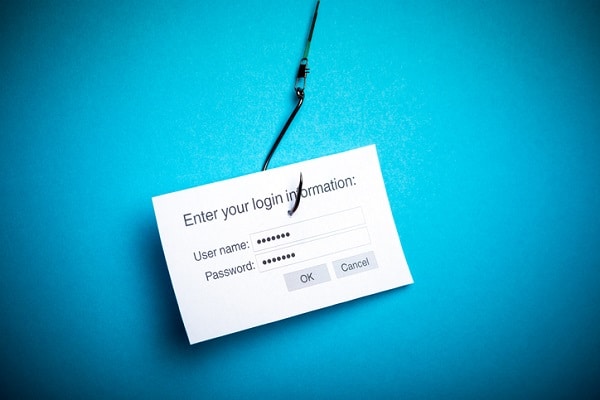Different Kinds of Cyber Attacks You Might See After Network Administration Courses

It is estimated that by 2021, global cyber crime will cost an average of $6 trillion, doubling the 2015 figure. With hacking risks compromising networks of all sizes, cyber security expertise is in high demand around the world. In Canada, this demand exceeds the number of cyber security professionals – a trend that bodes well for current and future job prospects in the field.
Network administration courses prepare students for these careers, training them to protect future clients and employers from complex cyber threats. While these threats are constantly evolving, future administrators can anticipate which ones they are most likely to see in their day-to-day work.
Are you curious about the security threats you might deal with after network administration courses? Keep reading to find out!
Malware is a Major Cyber Security Threat
The word ‘malware’ – a combination of ‘malicious’ and ‘software’ – describes a pervasive cyber threat. With software installations, hackers grab hold of individual computers – and often whole networks thereafter.
Malware attacks disguise viruses and ransomware in downloads or attachments. Once the download is complete, a hidden malware installer begins its work, often monitoring user activity or collecting sensitive data.
Since these attacks typically require the download of false or ‘trojan horse’ software, the best defense is an informed and vigilant user. Given the effectiveness of these hacks, cyber professionals will encounter them regularly after network administration courses.
Phishing Hacks Pose Targeted Risks
This cyber attack personalizes the threat of malware, often with emails appealing to recipient interests and priorities. Phishing attacks come in the form of non-threatening messages, which attempt to persuade users to download malware or navigate onto harmful sites. ‘Spear’ phishing hacks adopt an even more personalized approach, substituting mass emails for specific messaging to one person.
With careful research on their target, these hackers often pose as known contacts – and even duplicate website pages to gather the sensitive user information. Known as ‘Advanced Persistent Threats’, some spear-phishing attacks will also target a company’s intellectual property by sending a nefarious email to a mailing list of employees – all of whom could compromise the larger network.

Website cloning helps phishing hackers gather login details
Session Hijacking is a Common Sight After Network Administration Courses
Some cyber attacks intercept communication between clients and servers. During an authorized session, hackers can disconnect a user from the server and gain crucial information while the server is still operating as if a genuine user were present.
In many cases, hackers will carry out this attack by first capturing the unique session ID and simply posing as a user for nefarious purposes. In what is called a ‘man-in-the-middle’ attack, hackers will insert themselves between both ends of the session, gathering information from the server and the user.
Social Media Hacks Prey on Vulnerable Businesses
Social media attacks are an emerging priority for professionals with training in network security. Hackers have found a new avenue for nefarious activity in application downloads and friend requests – often misusing platforms like Facebook, Twitter and LinkedIn to gather secure information or embarrass users.
Social media hackers even identify businesses with little or no social media presence, and create accounts posing as them. This allows the hackers to deal duplicitously with the business’s associates, clients and donors, gathering data and event payment information.

Network administration courses prepare students to adapt to evolving cyber threats
Are you hoping for a rewarding career in cyber security?
Contact Willis College to find out more about our Diploma in Network Administration!



